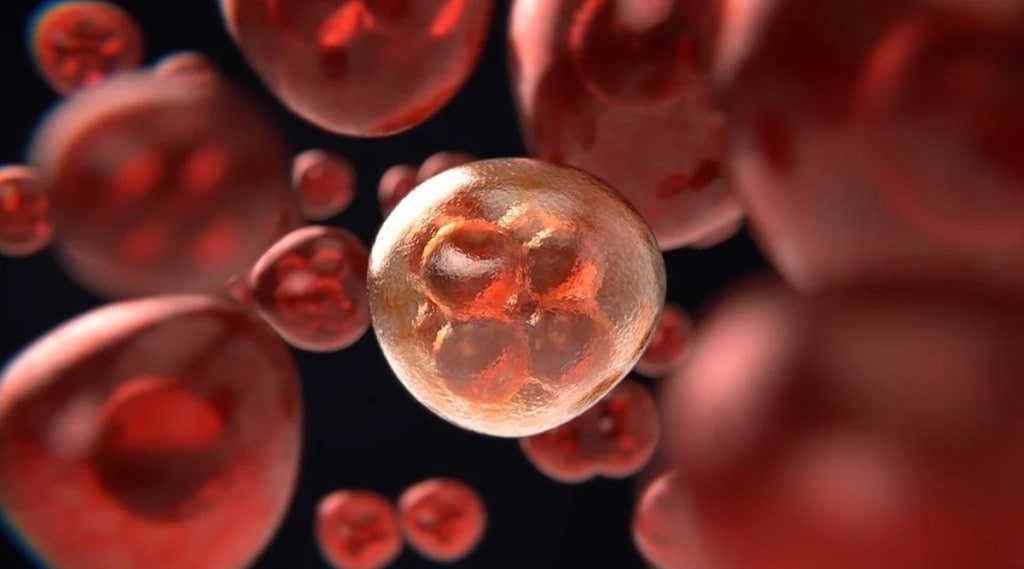Drugmaker AstraZeneca on Wednesday said its experimental drug capivasertib has shown Positive high-level results in the Phase III trial.
According to the results, capivasertib in combination with Faslodex (fulvestrant) demonstrated a statistically significant and clinically meaningful improvement in progression-free survival (PFS) versus placebo plus Faslodex in patients with hormone receptor (HR)-positive, human epidermal growth factor receptor 2 (HER2)-low or negative locally advanced or metastatic breast cancer.
“The trial met both primary endpoints, improving PFS in the overall patient population and in a prespecified biomarker subgroup of patients whose tumours had qualifying alterations in the PIK3CA, AKT1 or PTEN genes. Although the overall survival (OS) data were immature at the time of the analysis, early data are encouraging. The trial will continue to assess OS as a key secondary endpoint,” the company said in a statement on Wednesday.
The company claims that the safety profile of capivasertib plus Faslodex was similar to that observed in previous trials evaluating this combination.
Breast cancer is the most common cancer worldwide, with an estimated 2.3 million patients diagnosed in 2020. Approximately 70 percent of breast cancer tumours are considered HR-positive and HER2-low or negative.
“These exciting data in an all-comers population indicate that capivasertib could become a new first-in-class treatment option for patients with HR-positive breast cancer. These patients often experience tumour progression on, or resistance to, available endocrine therapies for advanced disease and urgently need new therapies that extend the effectiveness of endocrine-based treatment approaches,” Susan Galbraith, Executive Vice President, Oncology R&D, AstraZeneca, said in a statement.
The data will be presented at a forthcoming medical meeting and shared with global health authorities.
ALSO READ | AstraZeneca’s new drug improves survival chances in patients with advanced ER-positive breast cancer








